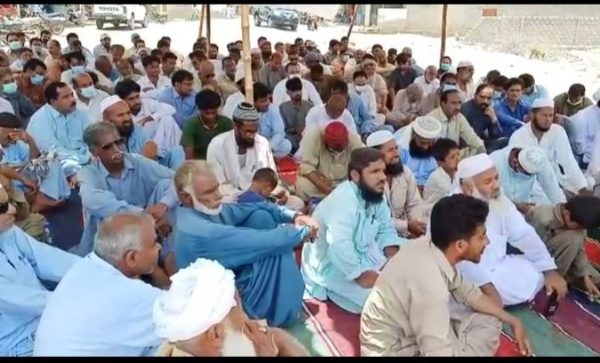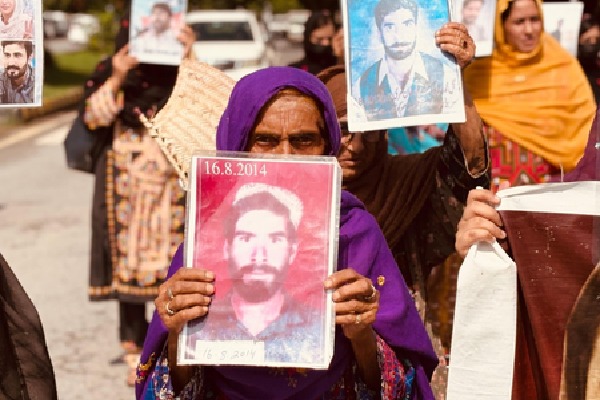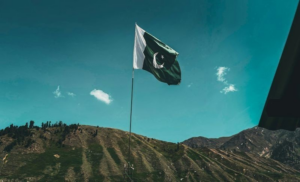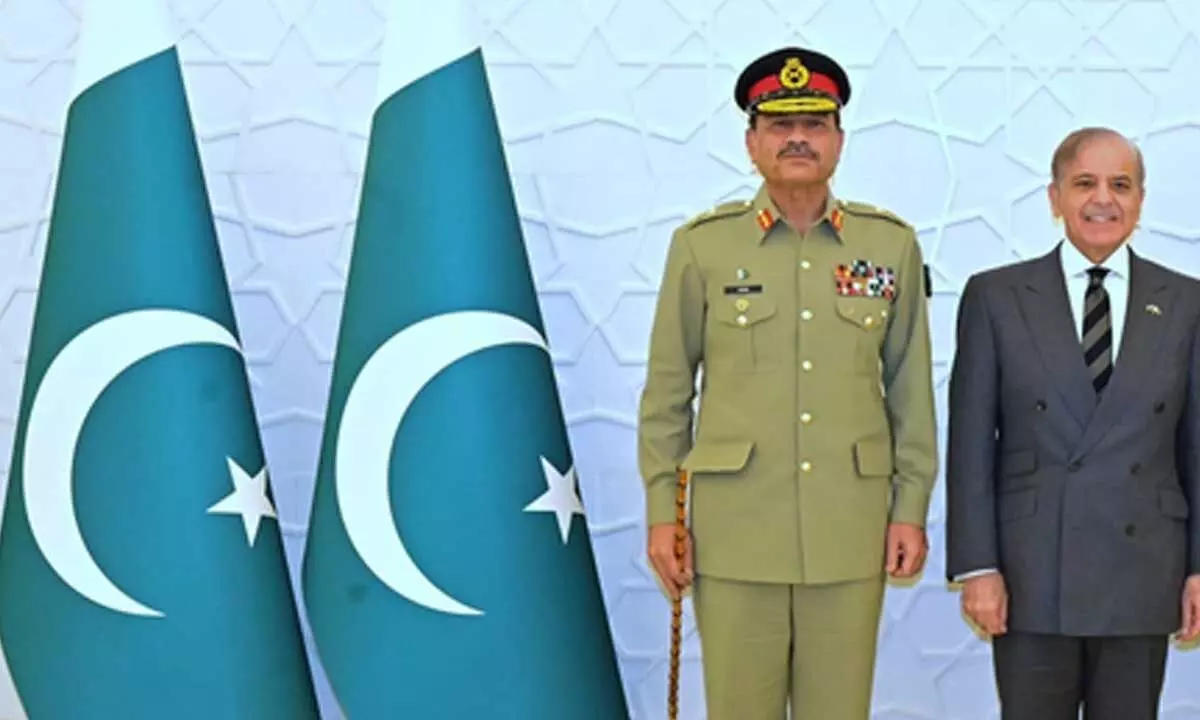
Three more civilians, including a deputy superintendent of police (DSP), died in Pakistan’s Balochistan province on March 2 lengthening the terror trail that has already claimed over 50 lives this year.
The latest incident took place on Fatima Jinnah Road, in the heart of the provincial capital Quetta, away from the border areas or the countryside, indicating a spread to urban centres by rebels of the Tehreek-e-Taliban Pakistan (TTP).
The group has been banned by the Pakistan Government, even as the government representatives conduct secret parleys to buy peace. The TTP unilaterally ended a cease-fire pact with the government last December and has since stepped up attacks in border areas as well as cities.
The government is having to respond to domestic concerns, as also those of China whose China Pakistan Economic Corridor (CPEC) passes through Balochistan, terminating at Gwadar port. Many Chinese workers on the CPEC projects have died in terror violence.
The TTP was not named in the latest event by the police chief who termed the incident as a terror attack in which 24 persons were injured. The officer also confirmed that 2-2.5 kilogrammes of explosives were used.
There have been no reports of a counter-operation and/ or casualties among the TTP. On February 2, 2022 at least 13 terrorists were killed and seven security personnel, including an officer, died during armed attacks on two security forces’ camps in the province’s Naushki and Panjgur districts.
The military-backed government has encouraged use of the word ‘shaheed’ (martyrs) for the soldiers, alleging that violence is orchestrated from ‘outside’. This has helped drive a nationalist narrative for the government that, analysts say, seeks to deflect criticism of its handling of both, the violence and the ‘peace’ dialogue.
A month ago, commenting on the rising terror violence, Interior Minister Sheikh Rasheed Ahmed had conceded on February 3 that there was “no doubt” about the TTP’s role and that there would be “no talks.” Such claims, analysts note, come each time terror attacks rise, while behind-the-scene talks continue through mediation by tribal chiefs. This has been a continuing phenomenon, despite failures, for over 15 years, stretching into the Musharraf era, when the TTP was formed.
Journalist-editor Kamila Hyat, writing in The News International (March 3, 2022) on violence and deaths overall, noted that “In Balochistan, almost each week, we hear of disappearances. Some of those young men never return home. Their families must live with this loss present forever in their lives.
“We need to look at ourselves in the face and ask if there are any solutions at all. More and more people are suggesting, at least in private, that there may be none. This, of course, is a terrifying thought and leaves us as citizens of a country where, like some dystopian novel, chaos runs through the land and people who are able to do so kill at will.
“The crisis lies in our soil and in the souls of the people who live in our country and carry the green Pakistan passport,” Ms Hyat said. (Ends)






